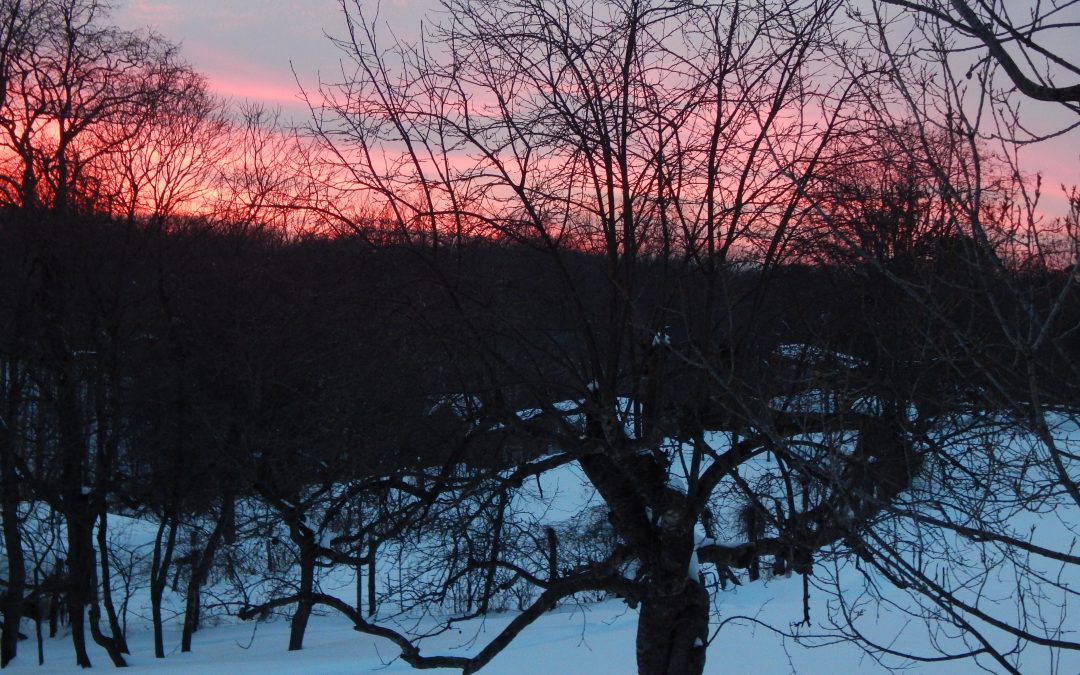Photo by Billy McLaughlin
The evening has fallen. Our day of silence is slipping into another, darker realm. I am remembering a haiku by Alexis Rotella:
No moon tonight
I light a candle
And listen to the
Dark
Around here, far from street lamps and neon, night descends with utter thoroughness and brings with it a rich cavern for listening and introspection. The day’s tasks and preoccupations are laid down; the stars overhead are reminders that forces deeper and more mysterious than one can imagine are at work. In that cavern of darkness I have been thinking about forgiveness. It seems to me that forgiveness, that potent alchemy of vulnerability, honesty, and grace, is the sinew of any relationship and the life blood of community. In troubled times, when what stands against the forces of disruption and destruction is relationship and community, forgiveness becomes vital.
In the nocturnal darkness, the solid shapes of trees and rocks dissolve, and the barred owl calls a crucial question into the filtered moonlight. The mysterious world of night, far from the reasonable light of day in which we have been politely making apologies and expressing remorse to our partners and companions, confronts us with the gutsy and most difficult question of whether we can forgive ourselves.
In the noisy courtroom of the mind, the arguments and judgments, the what ifs and if onlyies, keep up a constant jabber. In her poem Primary Wonder, Denise Levertov calls these thoughts, “my courtiers, wearing their colored clothes; caps and bells.” All close relationships—friendships, marriages, companions—are based on constant and mutual forgiveness. Day after day in the crucible of community we meet the challenge. We are vulnerable and honest, we listen, and our relationships grow and deepen and expand. But then, in our private nightly judgment halls, we stand accused by ourselves all over again.
Fortunately, there is such a thing as grace; it comes in light or dark, and upon its arrival the long-sought silence falls and mercy happens. The throng’s clamor recedes, and once more the quiet mystery is present. We come to understand and accept what has been given, and what has not, and that every corner and crack, every flaw, every piece of us and the universe is sustained and loved into being hour by hour.
One profound and exquisite story about this, about friendship, suffering, and redemption, is The Kite Runner. Here is how its author, Khaled Hosseini, describes the quiet mystery that takes place in the silence and the dark:
“I wondered if that was how forgiveness budded, not with the fanfare of epiphany, but with pain gathering its things, packing up, and slipping away unannounced in the middle of the night.”
Amen.

